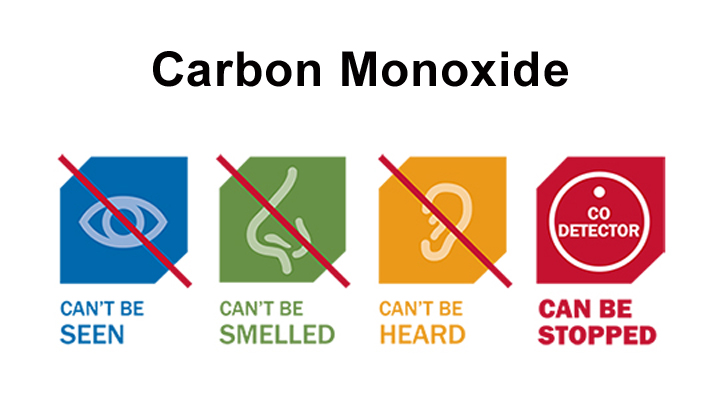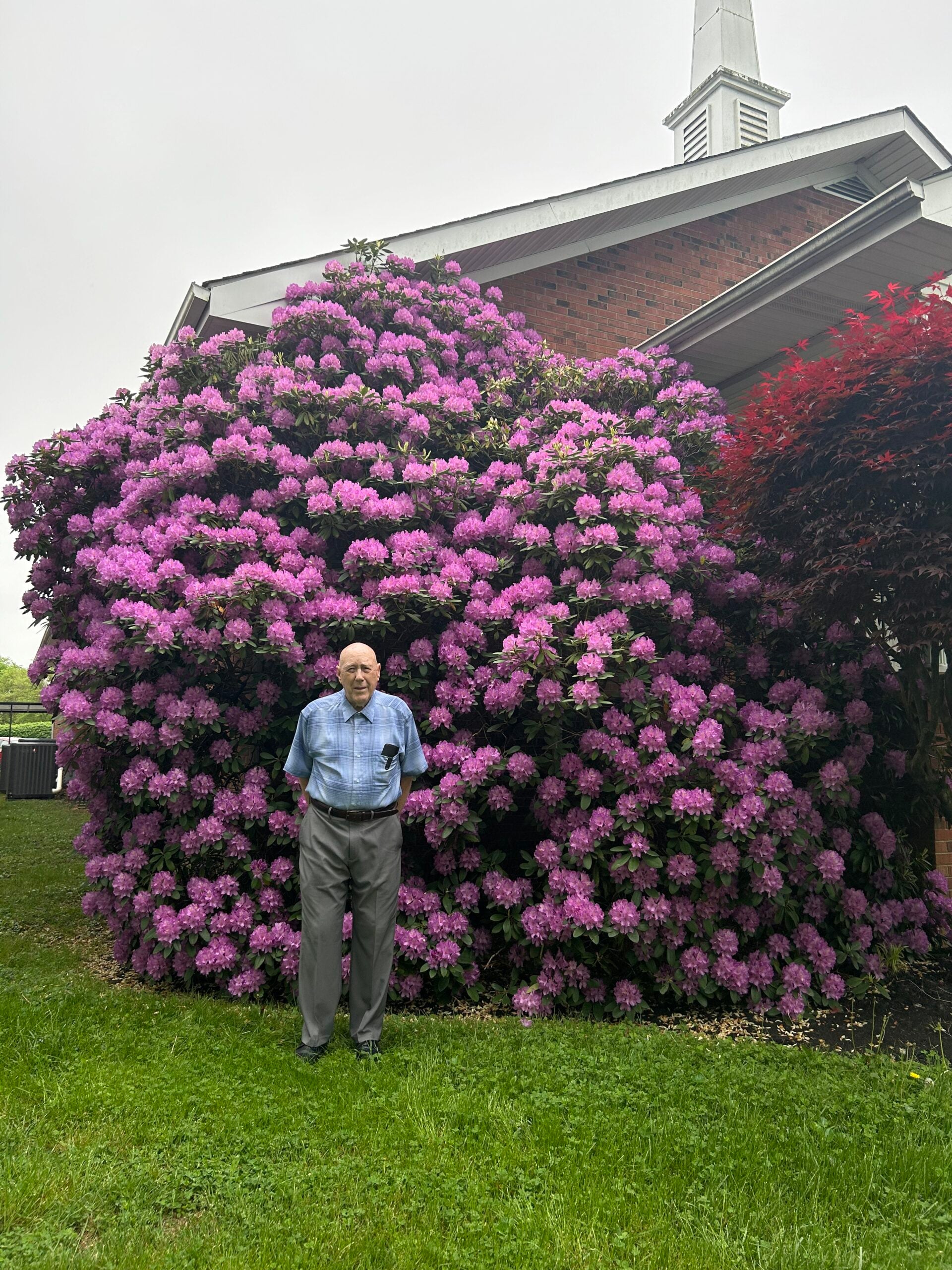Tips to stay safe from carbon monoxide poisoning
Published 11:30 am Wednesday, November 15, 2023

- (CDC photo)
|
Getting your Trinity Audio player ready...
|
While recognizing other events, November is also considered Carbon Monoxide Awareness Month.
According to the Centers for Disease Control and Prevention, approximately 420 people die in the U.S. yearly due to accidental carbon monoxide (CO) poisoning.
Additionally, more than 100,000 people in the U.S. visit the emergency department yearly for the same reason.
As mentioned in a news release from Columbia Gas, “Carbon monoxide (CO) is a colorless, odorless and tasteless gas produced by the incomplete combustion of fuels such as gasoline, coal, wood, charcoal, kerosene, natural gas, propane, heating oil, and almost any other combustible material like tobacco, fibers[,] and paper.”
While carbon monoxide poisoning could accidentally take place at any time of year, it is most common in winter months as people operate heating appliances and fireplaces with windows closed tight or warm-up vehicles in attached garages.
Early symptoms of carbon monoxide poisoning include headache, nausea, drowsiness, and blurred vision.
Because symptoms are similar to those associated with the flu, they can easily be misunderstood.
If any symptoms disappear when you go out into fresh air, it could be a sign of a carbon monoxide problem.
Fortunately, there are multiple steps that can be taken in the name of prevention.
Individuals are encouraged to:
• Have fuel-burning equipment, such as a furnace, inspected annually by a qualified technician.
• Install a carbon monoxide detector in an area of the home where you and your family or others will most need to be warned, such as a hallway near the home’s bedrooms.
• Check for visible signs of issues like high indoor humidity, soot, or water collecting near a burner or vent.
• Provide adequate combustion air per appliance manufacturer recommendations for appliances, including kerosene heaters.
• Make sure appliance fresh air intakes are not restricted or blocked.
• Keep vents and chimneys clear of debris or other blockages.
• Have appliance conversions or repairs conducted by a qualified technician.
Individuals are encouraged to avoid:
• Warming up your car in an attached garage – even with the door up.
• Leave a fire smoldering in the fireplace.
• Start gasoline-powered equipment in the garage.
• Trying to heat a room with an appliance not meant for such a function, like a gas stove.
• Use a gas or charcoal grill in their garage.
Anyone experiencing symptoms of carbon monoxide poisoning or encountering a situation where their carbon monoxide detector alarm sounds is encouraged to leave the area and call 911 immediately.





